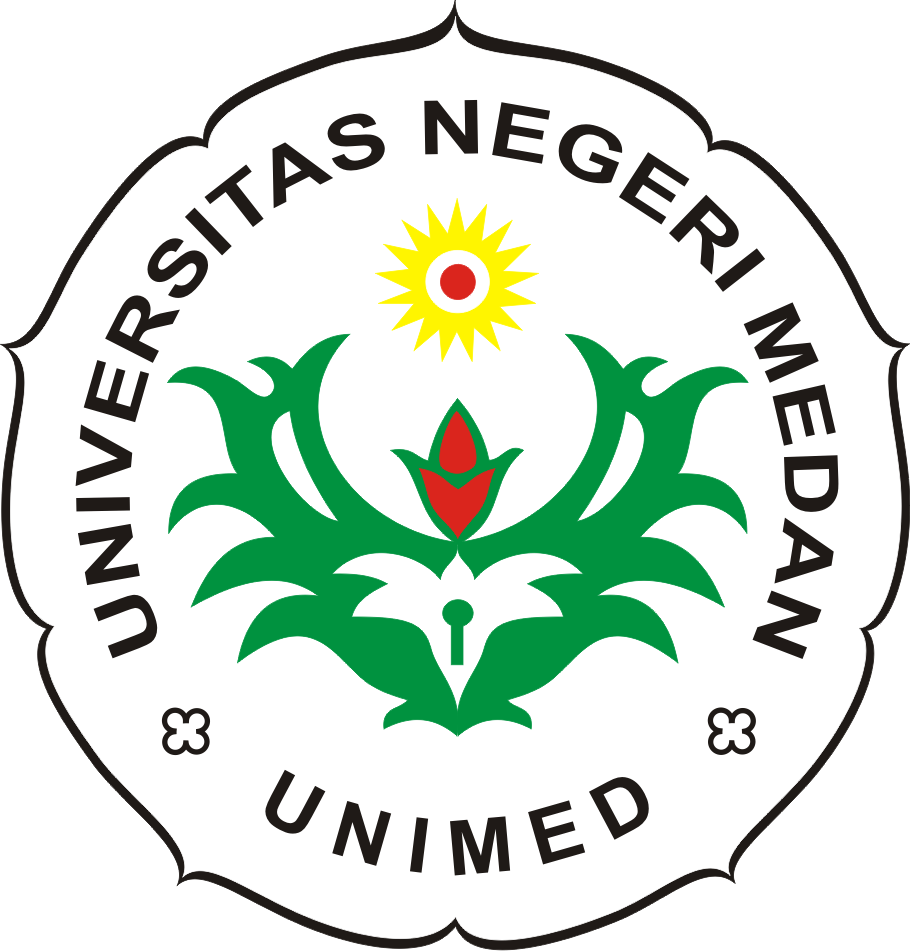TEACHER™S STRATEGIES IN TEACHING READING COMPREHENSION PROCEDURE TEXT
DOI:
https://doi.org/10.24114/reg.v6i2.6386Abstract
This study attempts to investigate the phenomenon which occurred in classroom setting dealing with teacher™s strategies in teaching reading. It was designed in descriptive qualitative research. The location of this study was MTs Al-Jam™iyatul Washliyah Tembung and the samples were the English teacher and the students of IX-4 class who were selected by using random sampling technique. The data of this study deals with kinds of teacher™s strategies in teaching reading procedure text. The data were collected from the observation which occurred during the reading procedure text class and the interview with the English teacher. The data were analyzed by three stages : 1) familiarizing and organizing, 2) coding and reducing, and 3) interpreting and representing. From the data analysis and the data verification, it was obtained that the teacher used three strategies in teaching reading comprehension procedure text, namely activating background knowledge strategy, visualizing strategy, and questioning strategy. The strategies not only were beneficial to promote and improve students™ comprehension but also they encouraged the students to be active, enthusiastic, and critical readers.Downloads
Published
Issue
Section
License
Authors who publish with this journal agree with the following terms:
- Authors retain copyright and grant the journal right of first publication with the work simultaneously licensed under a Creative Commons Attribution License that allows others to share the work with an acknowledgment of the work's authorship and initial publication in this journal.
- Authors are able to enter into separate, additional contractual arrangements for the non-exclusive distribution of the journal's published version of the work (e.g., post it to an institutional repository or publish it in a book), with an acknowledgement of its initial publication in this journal.
- Authors are permitted and encouraged to post their work online (e.g., in institutional repositories or on their website) prior to and during the submission process, as it can lead to productive exchanges, as well as earlier and greater citation of published work (See The Effect of Open Access).
- This work is licensed under a Creative Commons Attribution-ShareAlike 4.0 International License.






